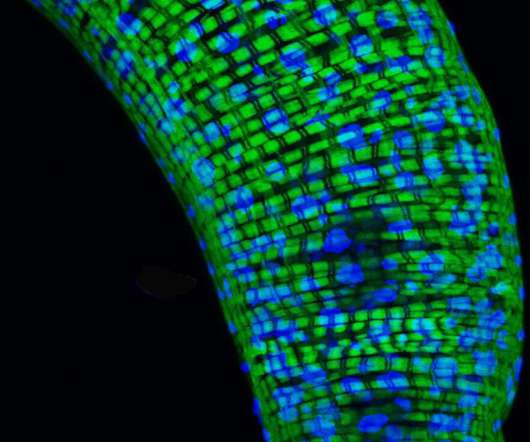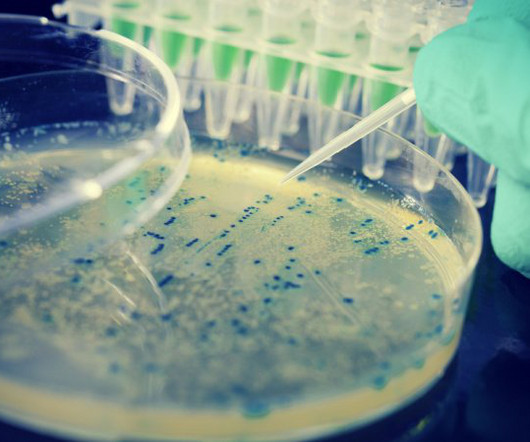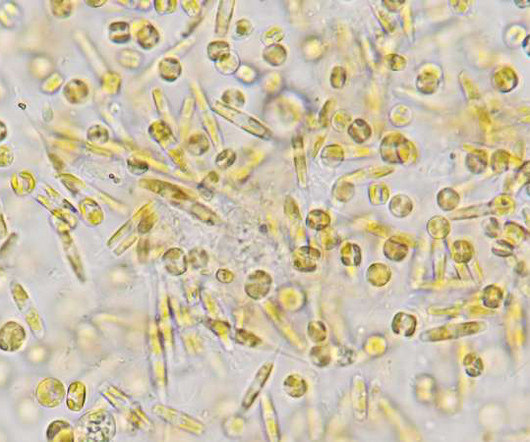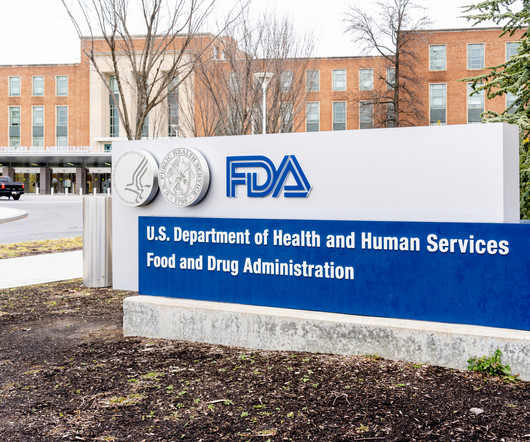Study suggests scientists may need to rethink which genes control aging
Scienmag
JUNE 24, 2021
NIH scientists discover that bacteria may drive activity of many hallmark aging genes in flies Credit: Courtesy of the Giniger lab NIH/NINDS.

Scienmag
JUNE 24, 2021
NIH scientists discover that bacteria may drive activity of many hallmark aging genes in flies Credit: Courtesy of the Giniger lab NIH/NINDS.

Drug Discovery World
MARCH 21, 2023
In a step forward for genetic engineering and synthetic biology, US researchers have modified E coli bacteria to be immune to infection by all natural viruses tested so far. The team used two safeguard methods to prevent the bacteria and their modified genes from escaping into the wild.
This site is protected by reCAPTCHA and the Google Privacy Policy and Terms of Service apply.

Drug Discovery World
JANUARY 23, 2024
Scientists at the King Abdullah University of Science and Technology (KAUST) in Thuwal, Saudi Arabia used the KAUST Metagenomic Analysis Platform (KMAP) to analyse massive amounts of sequencing data to release Global Ocean Gene Catalog 1.0.

The Pharma Data
JUNE 14, 2023
Scientists discover small RNA that regulates bacterial infection People with weakened immune systems are at constant risk of infection. But the bacteria can sometimes change their behavior and enter the bloodstream, causing chronic localized infections to become acute and potentially fatal. aeruginosa infections.

Scienmag
JANUARY 12, 2021
Martins Scientists have used gene-editing advances to achieve a tenfold increase in the production of super-bug targeting formicamycin antibiotics. The John Innes Centre researchers used the technology to create a new strain of Streptomyces formicae bacteria which over-produces the medically promising molecules.

XTalks
NOVEMBER 3, 2023
After spending almost an entire day deliberating the safety of Vertex Pharmaceuticals’ and CRISPR Therapeutics’ CRISPR-based gene therapy exa-cel for sickle cell disease, a US Food and Drug Administration (FDA) advisory panel appears to be satisfied with what it saw. CRISPR works as genetic scissors to edit parts of the genome.

Scienmag
MAY 18, 2021
Scientists link genetic makeup of bacteria in the human gut to several human diseases We are truly never alone, not even within our own bodies. Human beings play host to trillions of bacteria, fungi, viruses, and other microorganisms that make up the human microbiome.
Let's personalize your content